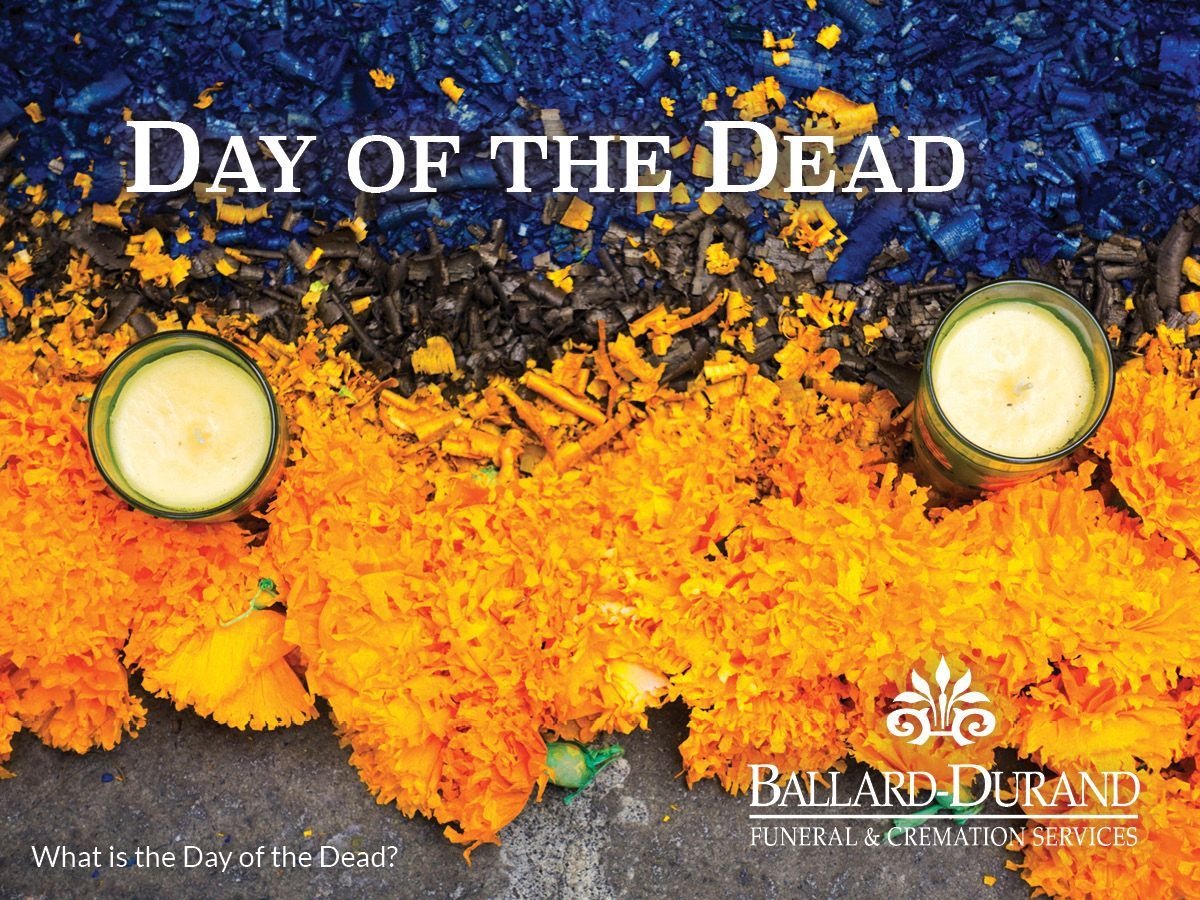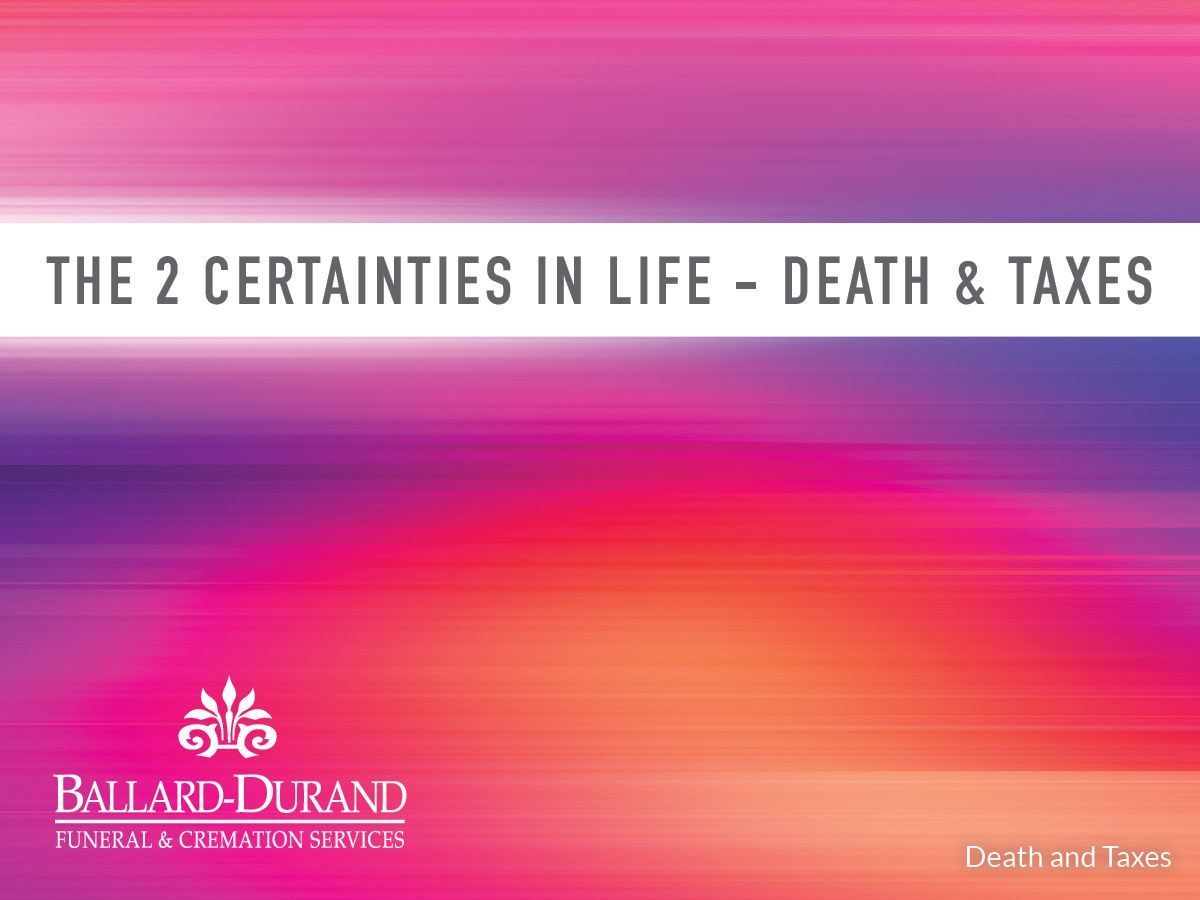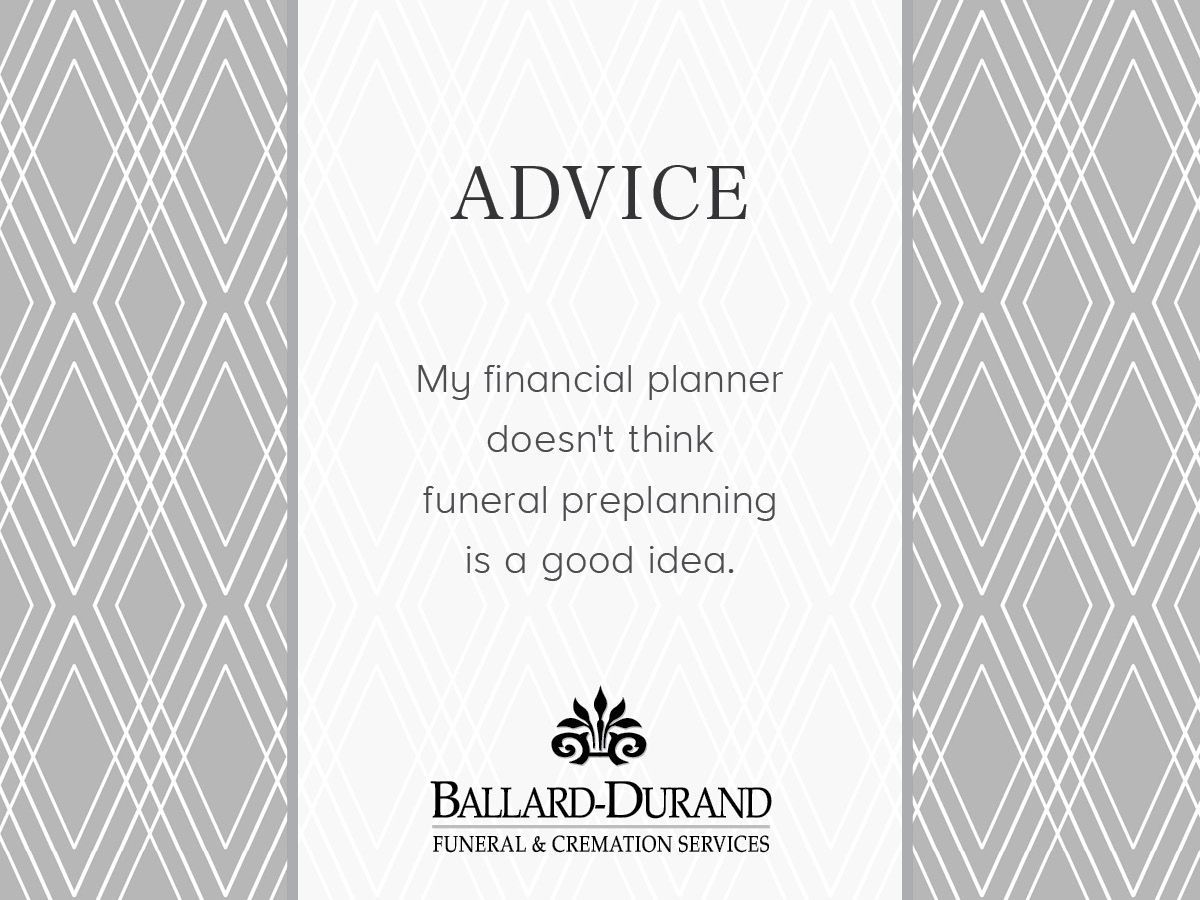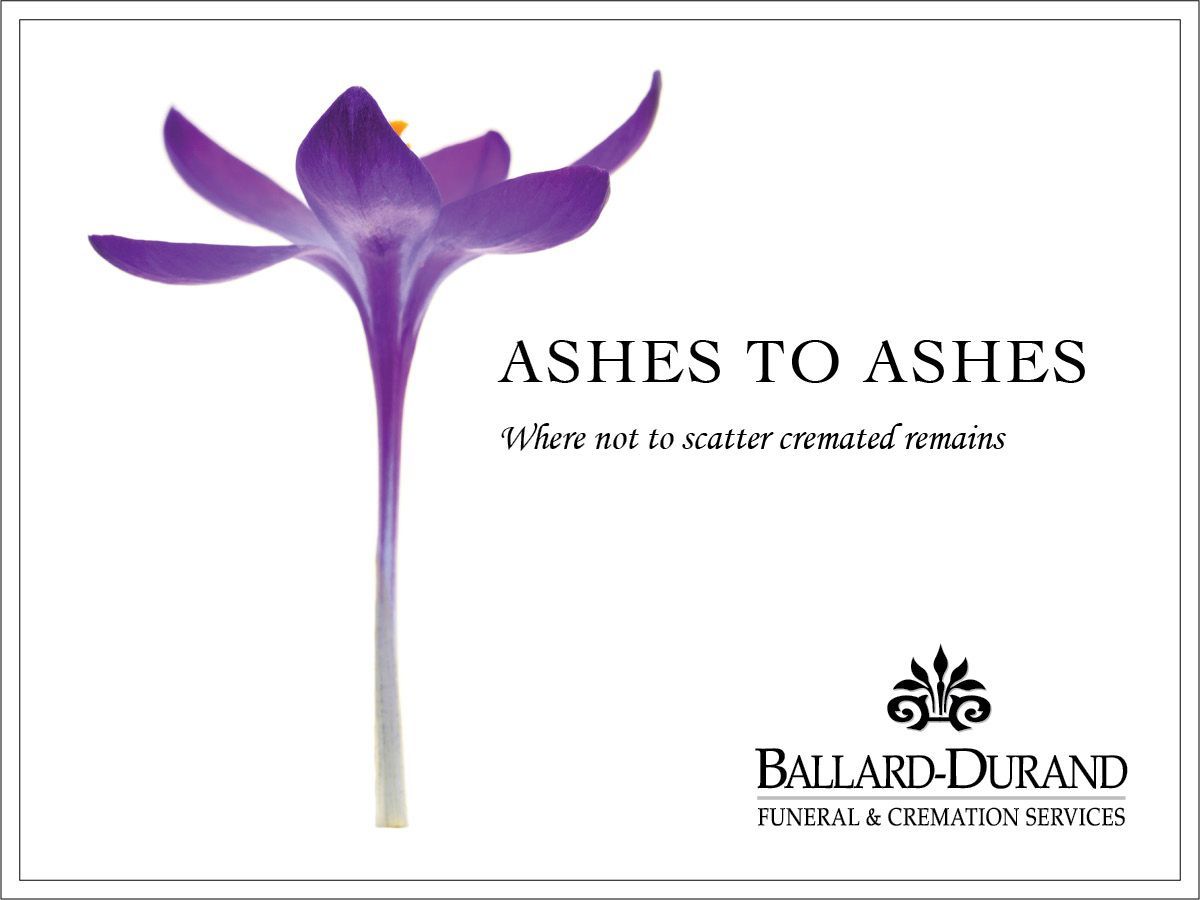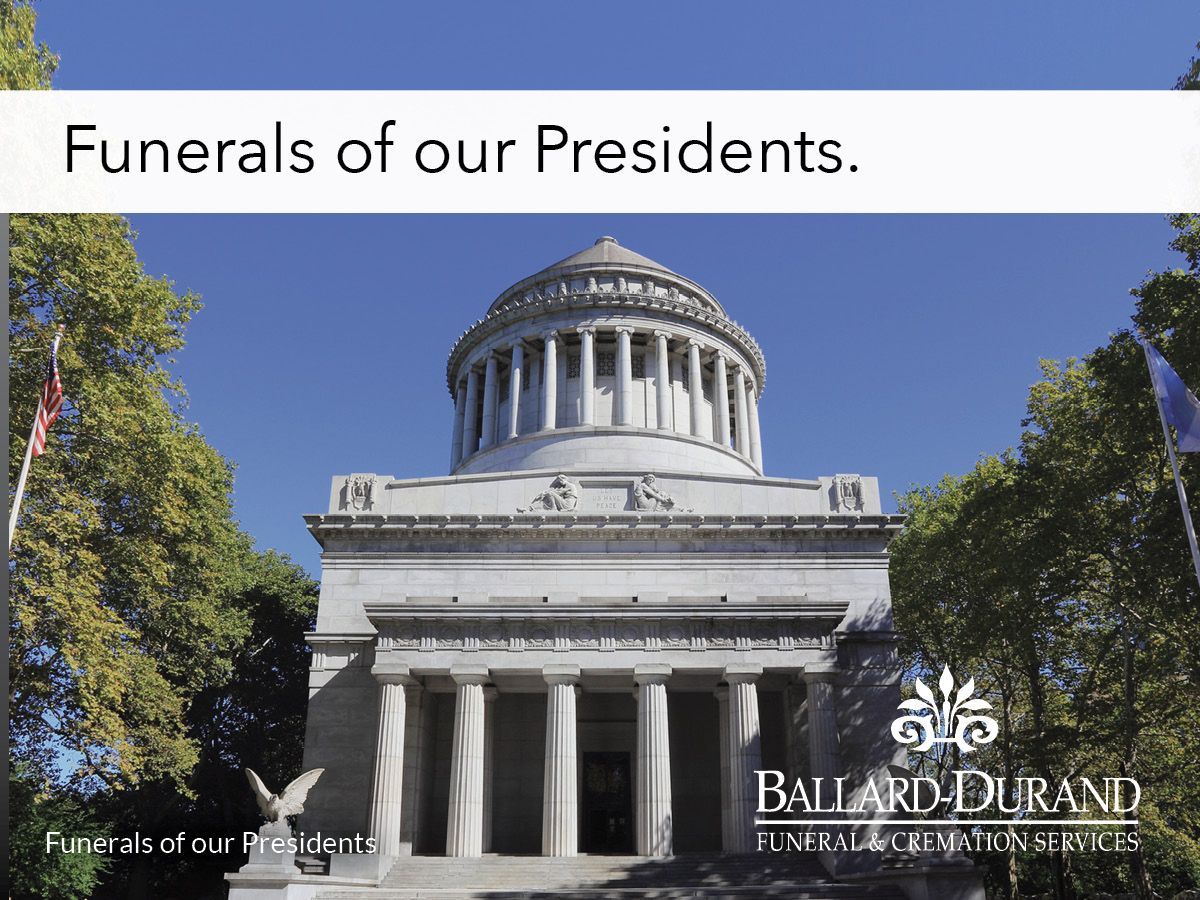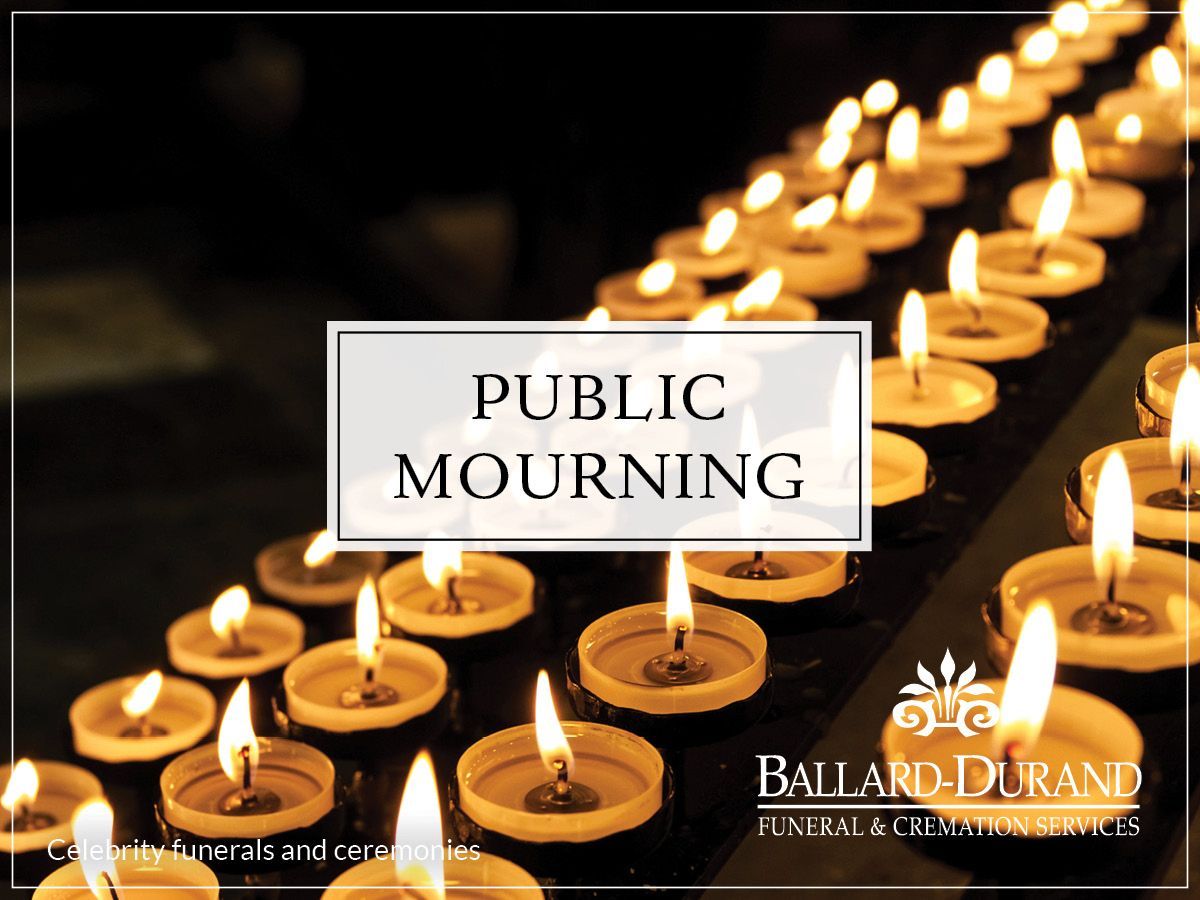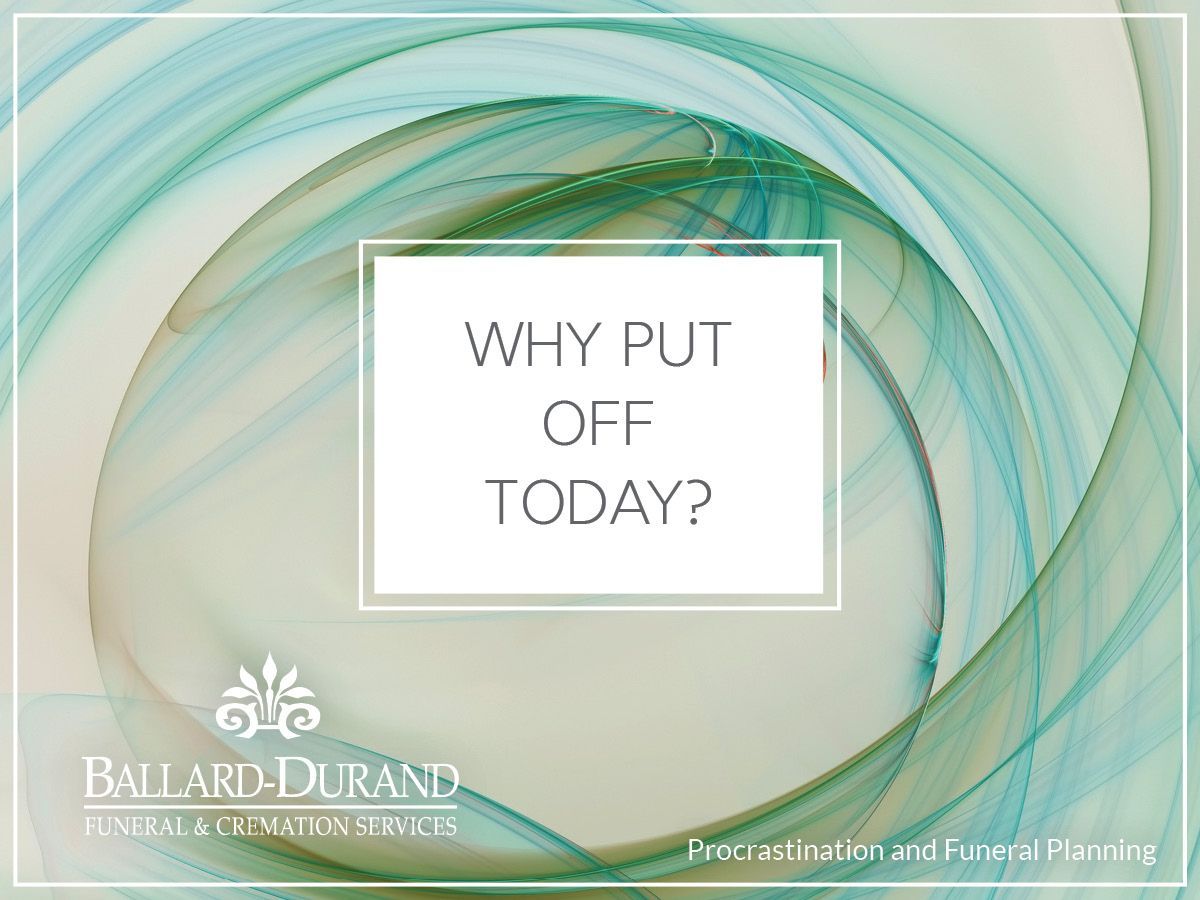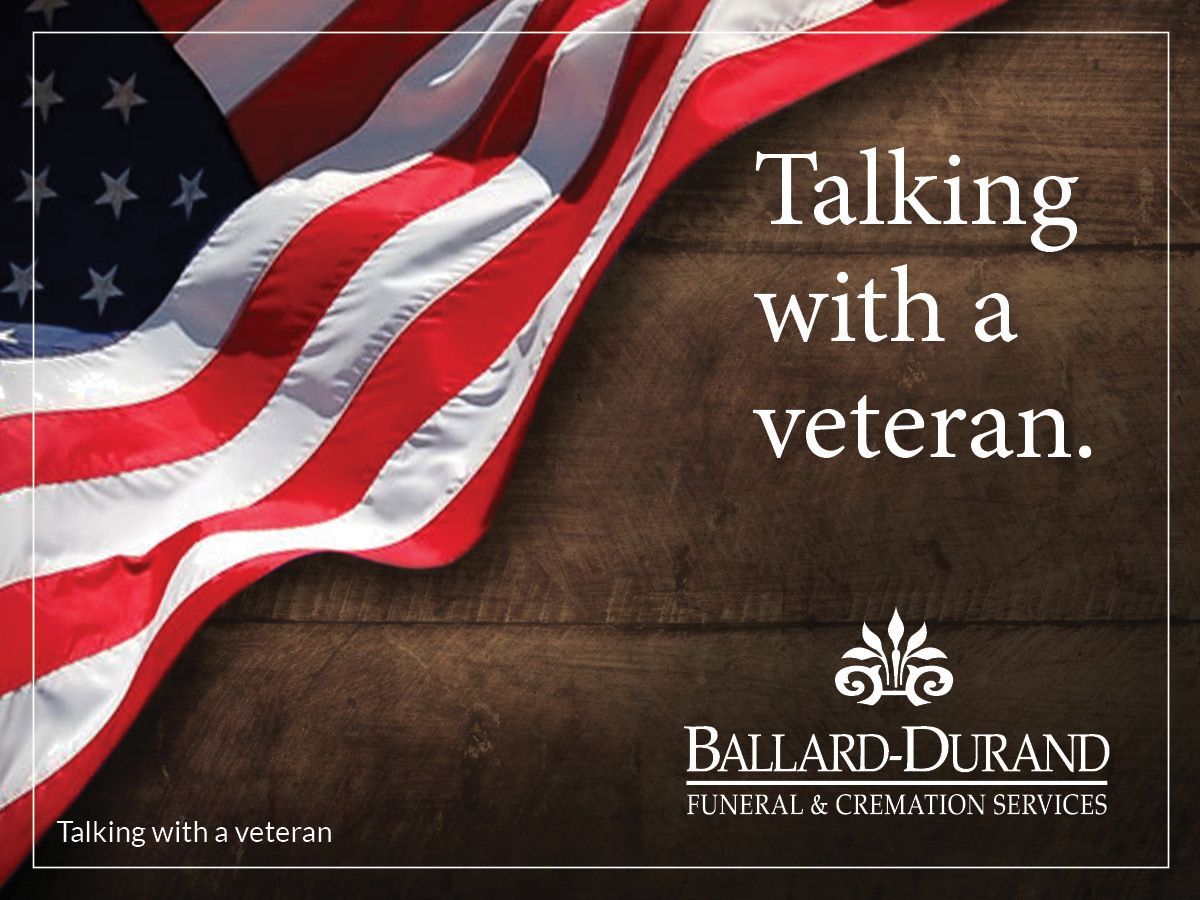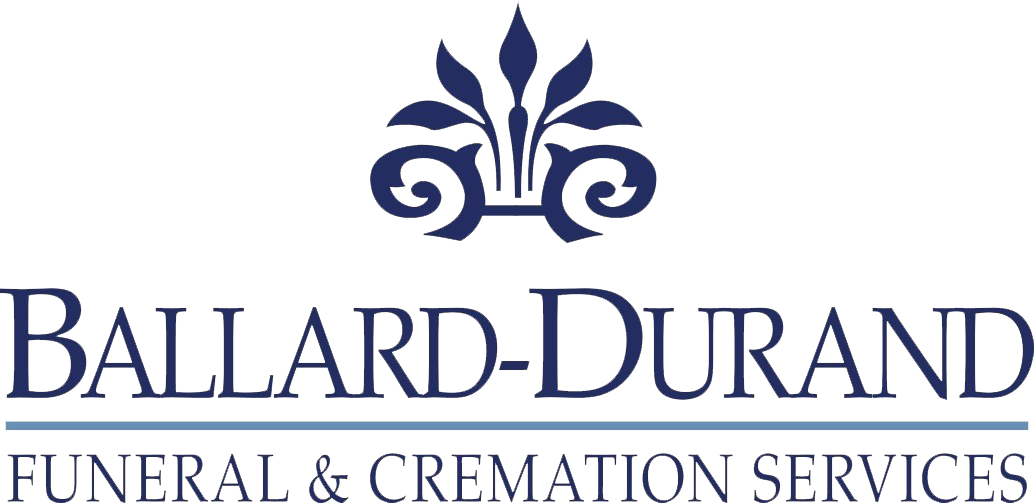Make Family the Foundation for Funeral Planning
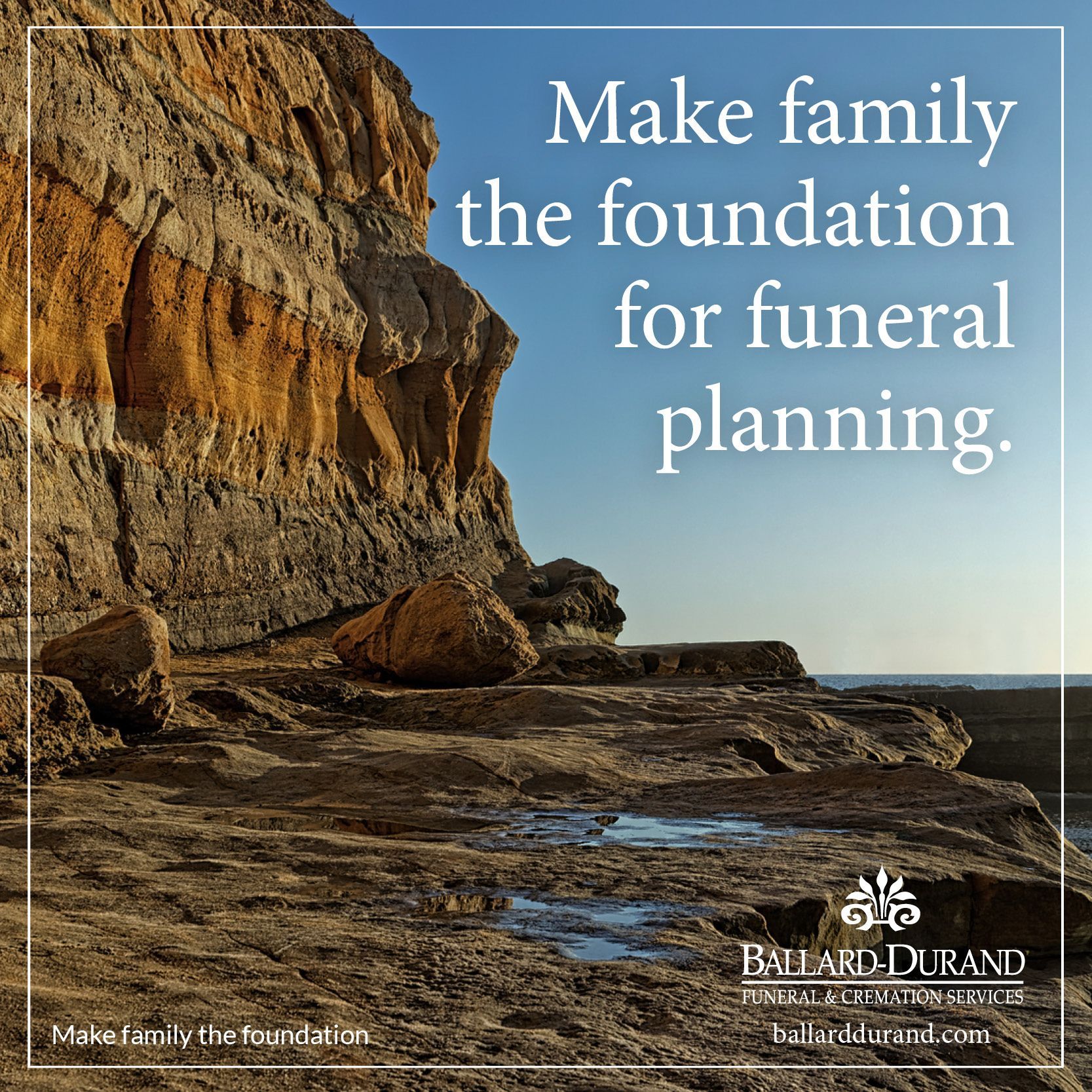
There are two ways to take care of funeral planning: 1) you can plan your own funeral in advance or 2) your survivors can plan your funeral for you after your death. Regardless of when it is planned, or who plans the funeral, the planning needs to start with your family. Your family should be the foundation for funeral planning.
After all, the funeral is not really for the deceased...it is for those who survive. We show respect for all human life in the manner in which we care for the body that housed the soul or spirit of our loved one. Respect and dignity for the body is important. The funeral helps those of us who survive by changing our focus from the cause of the death to the life that was lived. The funeral is the beginning of our grieving process and that is why funerals are so important.
If you are planning in advance for your own final remembrance, begin by thinking of those who love you. Your spouse, your children, your grandchildren, your friends and even your co-workers, what will they remember? What will make them smile? What will comfort them? What will they need? When they think of you what will come to mind? How is faith a part of their lives?
If you are planning a funeral for a deceased family member, involve the children, grandchildren and even close friends in the process. Ask them how they remember their friend or relative. Remember, we have all had a unique relationship with the deceased, so what you want to remember may be different from what your brother remembers. Ask your funeral director for ideas so they can help you capture and express the unique personality of your family member in the service plan.
For many years funeral planning started with a different set of questions. It started with questions about the faith. What church did your mother belong to? It followed with questions about the decedent's wishes. What do you think your dad would want? These are still good valid questions but basing the entire funeral plan on only these aspects may not touch every family member.
Mother may have preferred that no one see her after death, but if you, her daughter, need to see her, speak up. If you don't share your brother's faith and you need to hear a eulogy that is all about his life or see pictures that bring back your time growing up together, speak up. The imprint of the funeral sticks with the surviving family. It is literally the last memory we carry of someone we loved.
